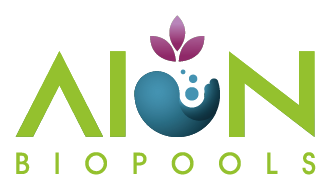
AN IMMERSION IN NATURE

Angkor Grace Residence & Wellness Resort, Siem Reap

Waka Villa Private Resort & Spa, Siem Reap

Bambujaya Bilingual School, Siem Reap

Chef Nak Luxury Home Dining, Siem Reap
AION BIOPOOLS
offers a unique and integrated service with a turn-key approach.
With more than 15 years of experience in the field, we design, engineer, develop and manage natural swimming pools, bio lakes, wetlands, and other phyto-depuration plants.
We offer free consultancy to define sustainable strategies and cost-effective solutions for new constructions and for the conversion of existing swimming pools, ponds and sewage systems with integrated natural treatment systems and solar powered plants.
NATURAL SWIMMING POOLS
are pools where no chemicals are used for purification.
SWIMMING BIO LAKES
are man-made basins reproducing the environment of natural lakes.
CONVERSION OF TRADITIONAL POOLS
that purify water with chlorine or salt. Nevertheless they can be converted into natural pools through phytodepuration.
PHYTODEPURATION PONDS
are based on the exploitation of aquatic plants (macrophytes) and associated microorganisms that manage to remove the organic matter present in the water.
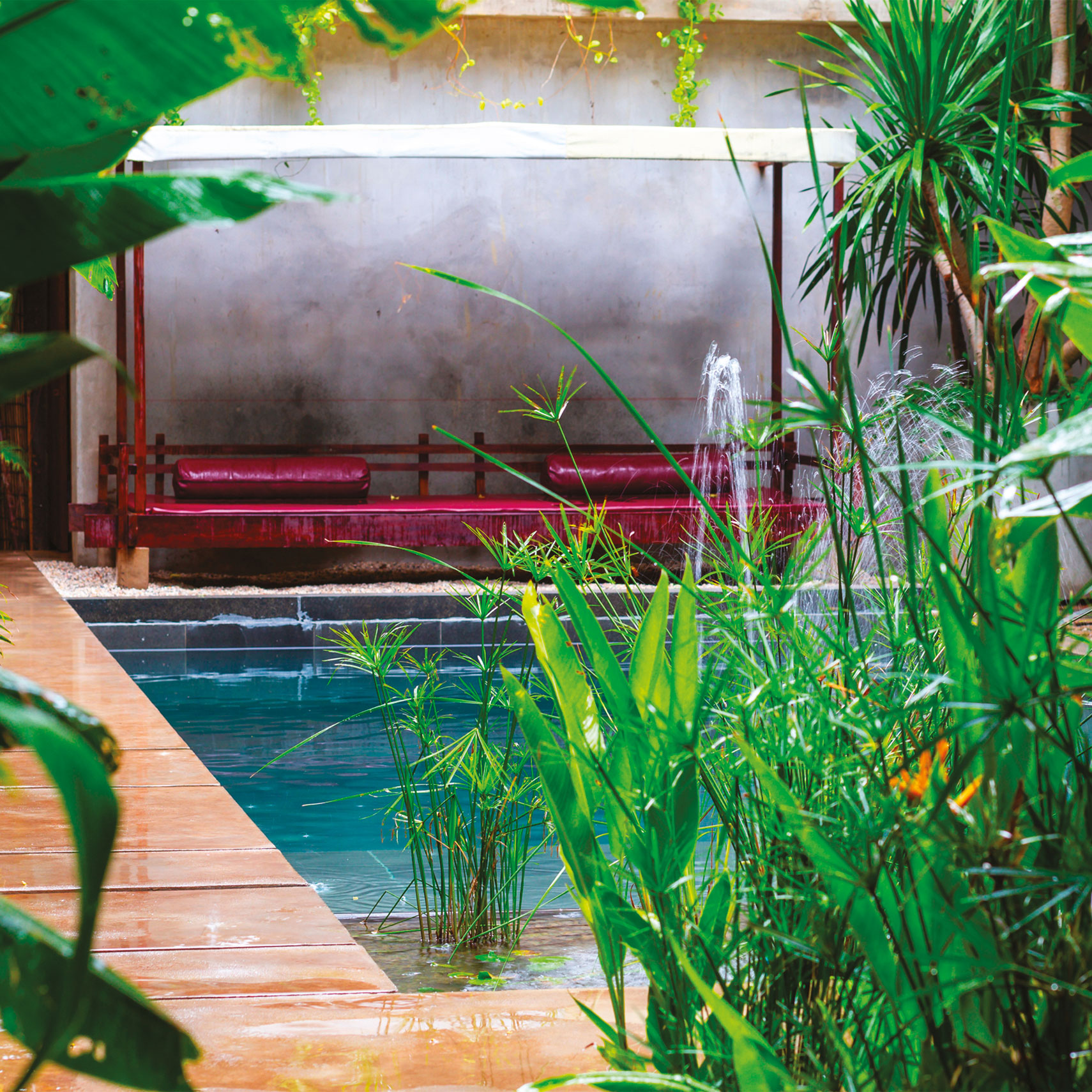






How do they work?
Every swimming pool is based on a two-steps system of filtration.
The first filter is always mechanical and it works just like a grinder: a centrifuge processes water and it reduces leaves, dead flies, and any other thing that makes our pool dirty into small particles that are easy to treat.
The second filter purifies water. There are different ways to do that. Traditional pools use chlorine or salt, while Biopools use plants. In fact, after the first level of filtration, water passes through a pool with plants, which eliminates all the pollutant agents and balances the Ph. Subsequently the purified water is poured into the swimming area.
What are Biopools?
Biopools are eco-friendly swimming pools that use plants to clean the water in which we swim, as opposed to chlorine or salt-based pools, which make water inhospitable to any form of life.
The difference between the two systems is radical. Traditional pools are based on “dead water” due to the presence of aggressive products that corrode and burn any living organism. So, they are unhealthy and they pollute the environment.
On the contrary, Biopools are based on artificial ecosystems made of plants that keep water clean and fresh just like at the source of a river. They favor life instead of killing it. They respect nature as well as our body.
Are Biopools more expensive than others?
The swimming pool itself cost isn’t different, but the filtering pool with plants is an additional cost to consider. So, Biopools are generally 20% more expensive than traditional pools, although cheaper materials can be used for cladding and there is no cost for chlorinator to be considered.
On the other hand, they last much longer. Since no aggressive products are used, tiles, glues, pipes, pumps, filters, and any other material will deteriorate very slowly. Comparing to traditional pools, which require renovation works every 5-10 years, Biopools can last twice longer or more.
In the long run Biopools are cheaper than traditional pools.
How do plants clean water?
We all know that our stomach has some microorganisms called bacterial flora that help us digest the food that we eat.
When we eat, we first chew our meal, and secondly, we transfer the processed food to our stomach, where the bacterial flora decomposes it into easy to absorb molecules that are ready-made nourishment for our body.
Similarly, Biopools have a first filter that reduces everything into small particles and secondly the processed water is transferred to the biodigester: a pool where aquatic plants are grown. Particular microorganisms will pre-digest water pollutants and make them ready and easy to be absorbed by plants roots. So, while plants get their nourishment, they purify the pool water and keep its Ph balanced for us.water perfectly matches that of our body.
Do Biopools look different than normal pools?
Yes, for two reasons.
The first and most important difference is the presence of nature. Next to your swimming pool there will be a little aquatic garden with some beautiful plants and their seasonal flowers. Little waterfalls will pamper you with their sound and the feeling of being immersed in nature will give you a sense of peace.
Another difference is given by materials.
While traditional pools use aggressive chemicals that limit the range of materials that can be used for cladding or coating, Biopools are chemical free and so the palette of materials becomes much broader. Natural stones, all sorts of tiles, marbles, and a number of products for coating can make your Biopool look unique and cost less.
Do Biopools feel different than normal pools?
Yes, differences are actually huge.
You can open your eyes and they will not burn with chlorine as in the other pools.
You don’t need to worry if your kid has swallowed some water. Biopools water is usually completely or nearly potable.
You will not need to shower after a bath, as the water quality of your Biopool is generally better than that of your shower.
Your skin will not feel dry anymore. No chlorine will destroy your skin self-defenses, and your Ph will be perfectly maintained.
Your hair will not burn anymore! You don’t even need a shampoo as your hair get washed with sweet and pure water rather than burned with salt or chlorine.
lakes and canals, as well as the conversion of swimming pools into bio-swimming pools.
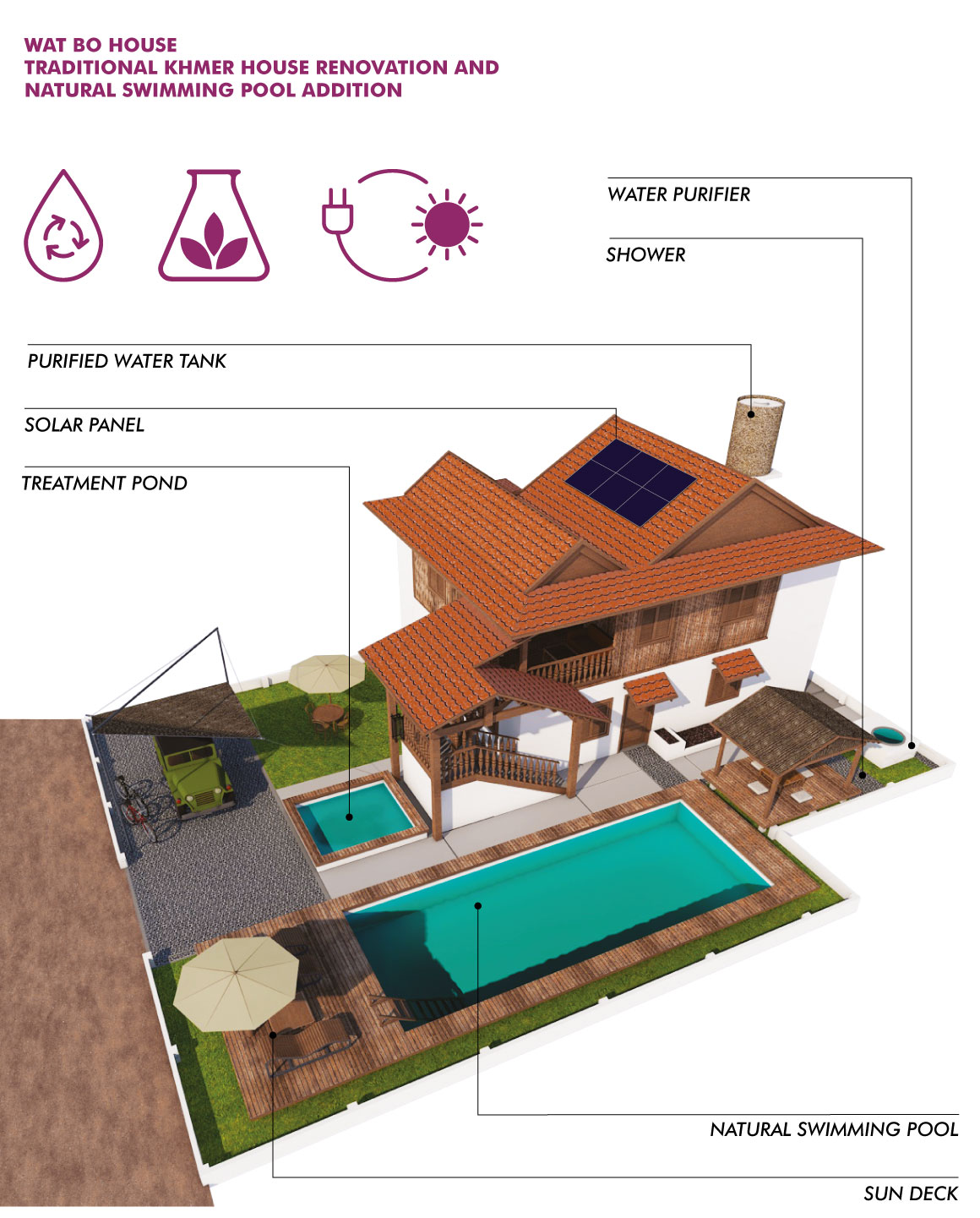
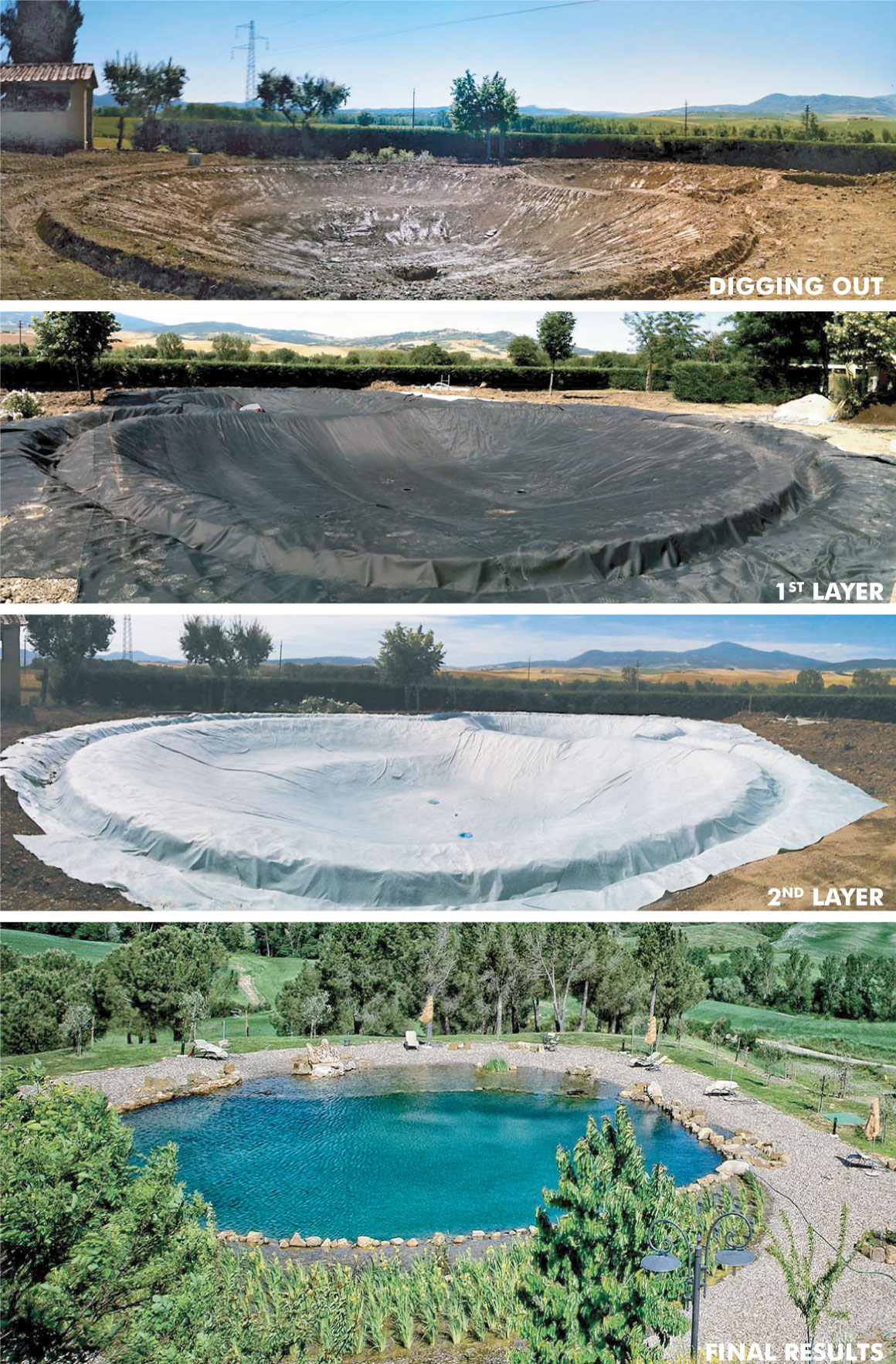
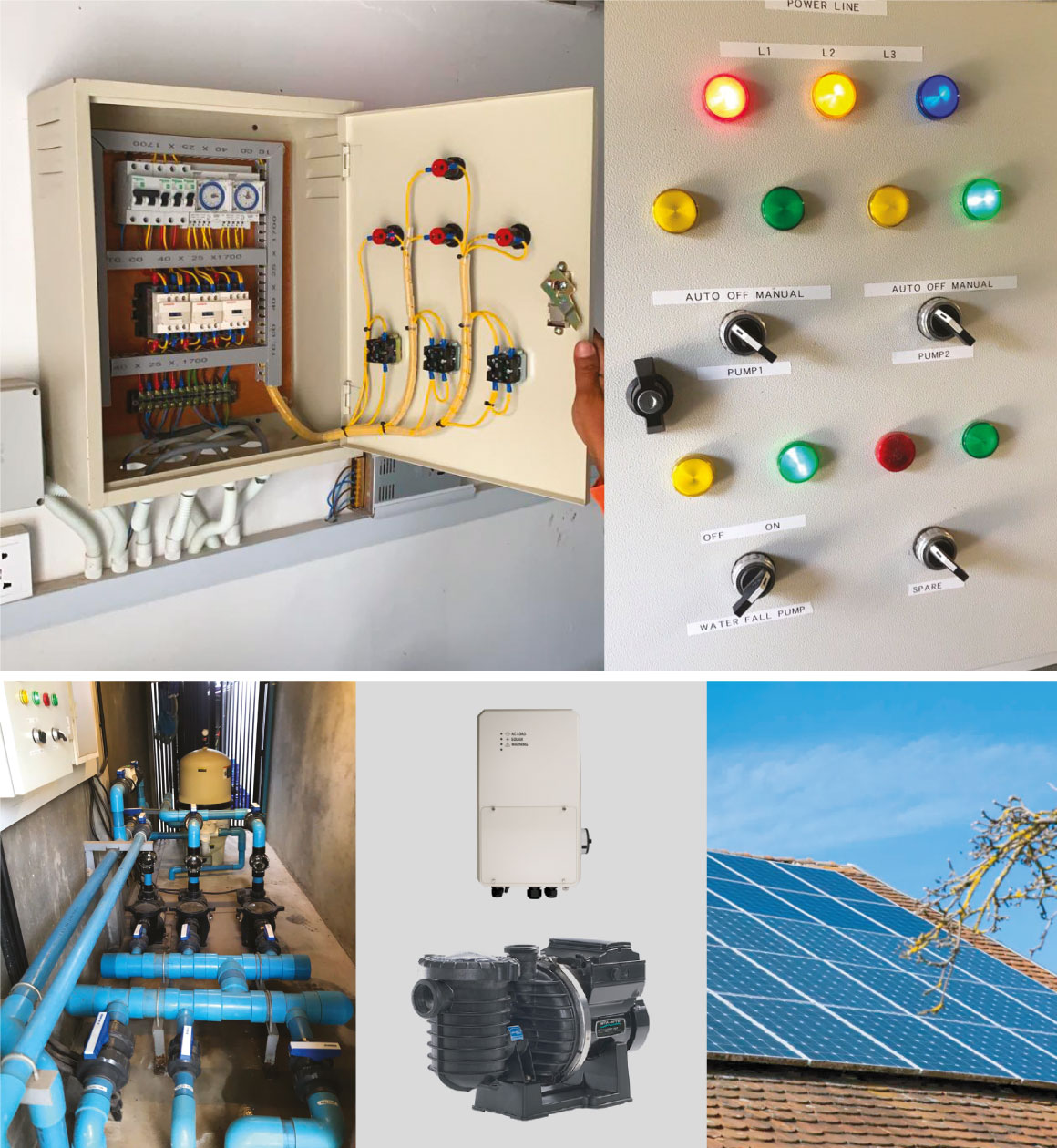
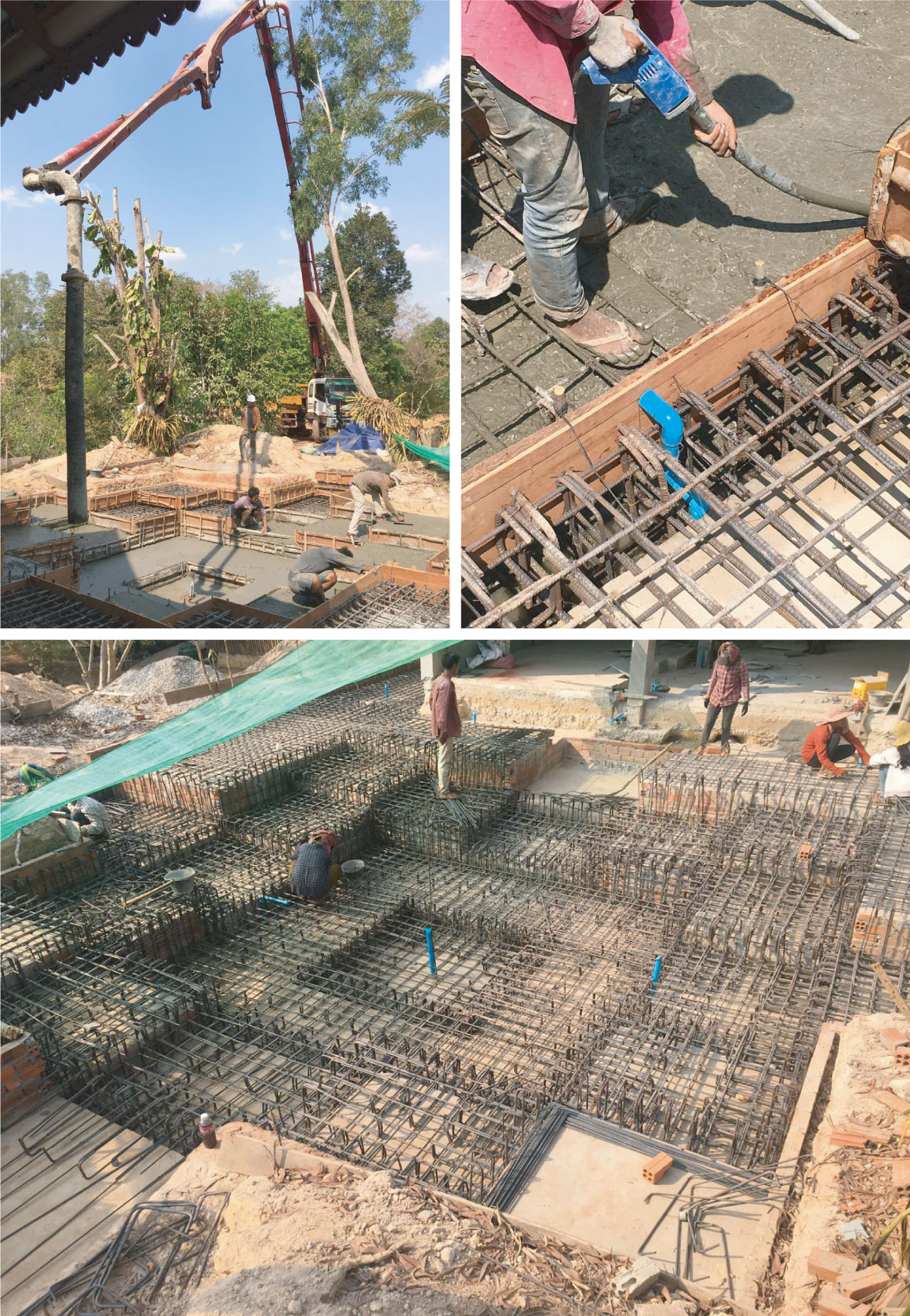
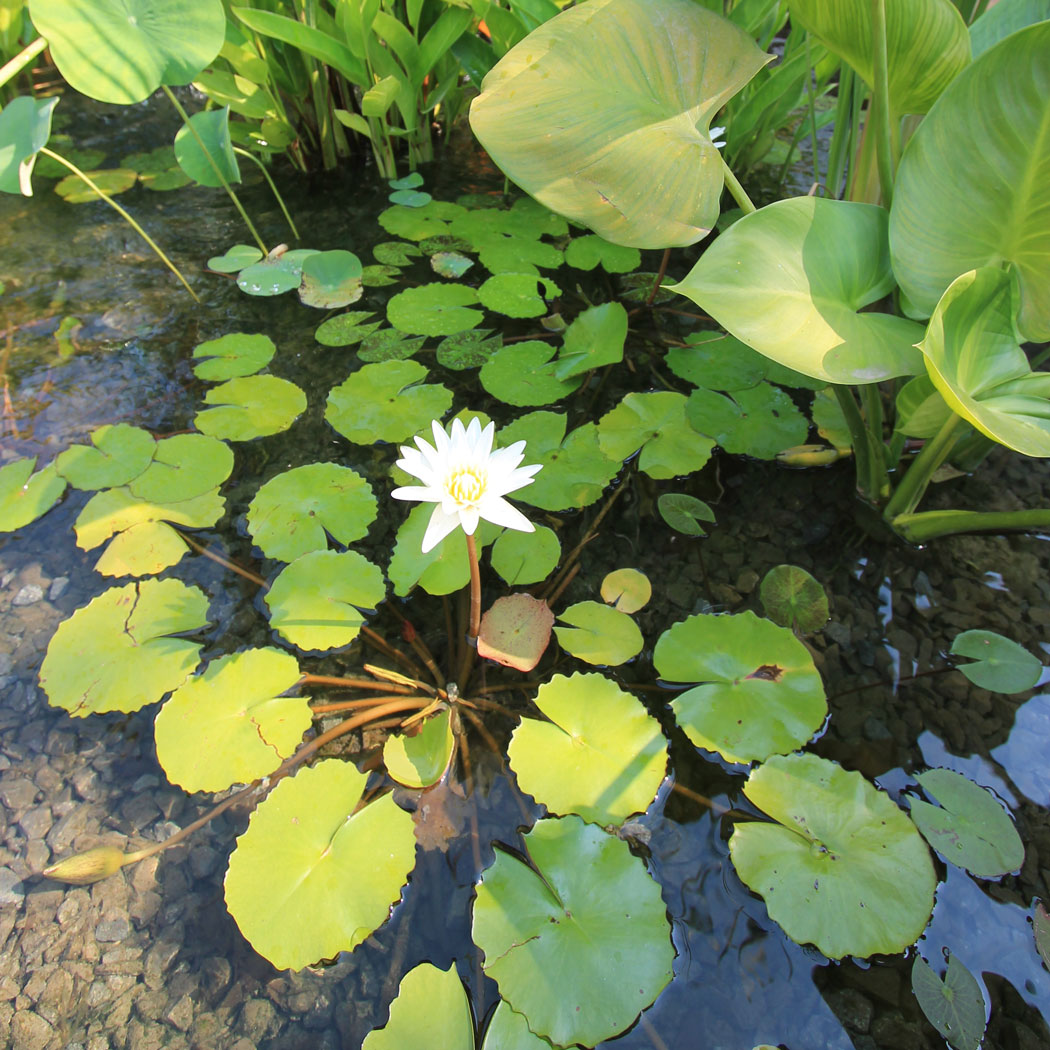
CONTACTS
by AION architecture
Andrea Di Stefano
andreadistefano.aion@gmail.com
Wat Bo Village, Sala Kamreuk Slorkram
17254 Siem Reap, Cambodia
mobile [EN] +855 (0)96 8668079
mobile [KHM] +855 (0)96 4968001
All biopools by AION.
Design credits:
Golden Silk Museum, Water garden – AION
Angkor Grace Residence & Wellness Resort – Bloom Architecture
Waka Villa Private Resort & Spa – V.asia-Design
Riegel’s – Asma Architects
Glaser’s House – Veayo Studio


